Certainly! Here’s the translation of the provided text into English:
“In rural communities, the consequences of war have particularly multiplied for citizens. Here, women are forced to undertake strenuous tasks to support their families. They fetch water from distant areas and engage in herding and gathering. Some of them suddenly find themselves as the sole breadwinners for their families.
Hala*, a forty-year-old woman and a mother of five children, married a teacher at the age of eighteen. Later, she discovered that he was suffering from a mental condition, exacerbated by the current circumstances. She found herself responsible for a sick husband and young children. This situation caused her significant psychological distress.
She had hoped for some relief after her marriage, but a new chapter of hardship awaited her. She not only fetched water, tended to the sheep, and managed household chores, but also collected firewood and sold it to cover household expenses and the cost of her husband’s medication. Initially, her husband’s government salary helped meet essential needs, but with the outbreak of war, his income ceased, and the country’s economic situation worsened.
As misfortunes rarely come alone, one of her daughters also experienced psychological distress due to the family’s situation and the shock she faced. The pressures became overwhelming for Hala, and depression weighed heavily on her, especially when she couldn’t afford the cost of medications. Amidst these challenges and surrounding pressures, she struggled alone without any assistance.
Hala awaited even a small breakthrough to ease the burdens and find some respite. During this time, villagers spoke about the safe space provided by the DEM Development Organization witth the fund of UNFPA , while awareness volunteers visited villages to offer services available to women and girls.
Upon reaching the safe space, Hala attended individual psychological support sessions, which played a significant role in overcoming her mental pressures, anxiety, and years-long depression. She was also referred to a psychiatric service, where she brought her husband for free treatment for six months, significantly improving his health. He gradually reintegrated into society and returned to his previous state.
To enhance her financial situation, Hala was referred to an economic empowerment program, where she received training in beekeeping. She obtained five beehives to start her own project as a source of income for her family.”
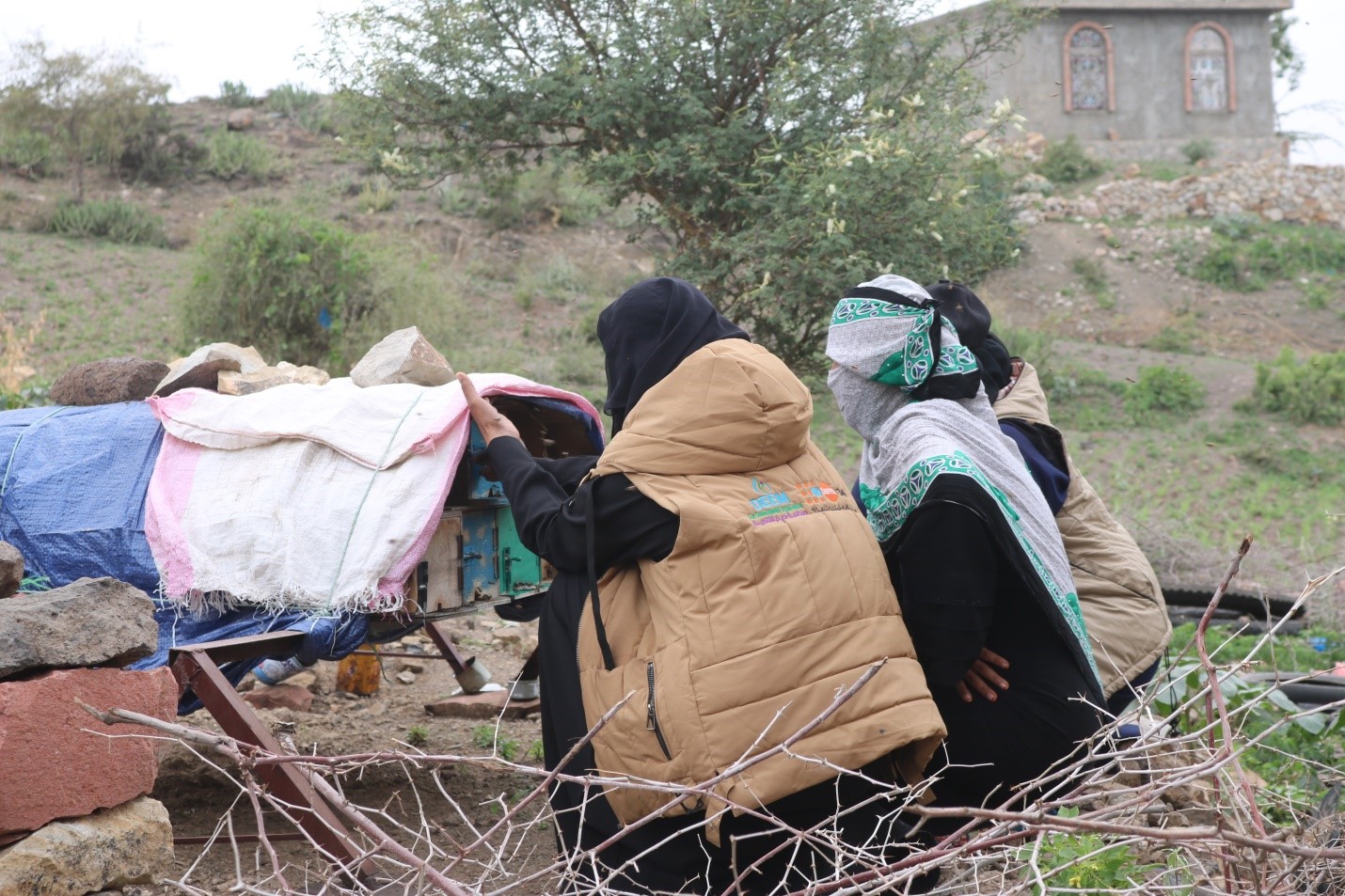
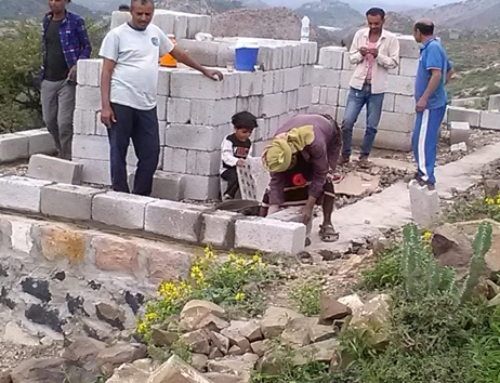
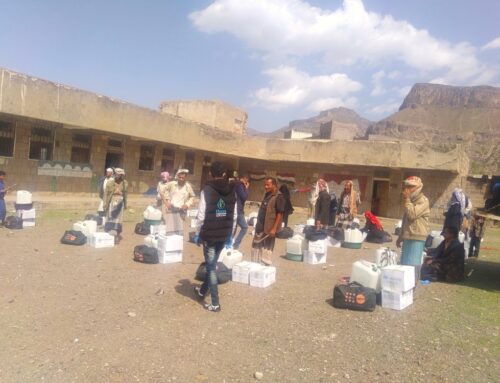
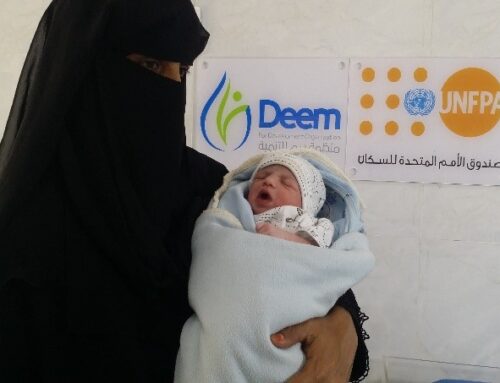
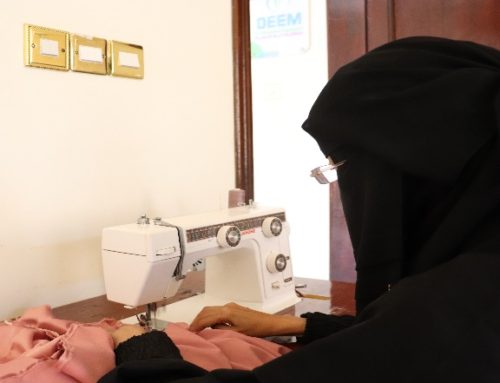
Leave A Comment